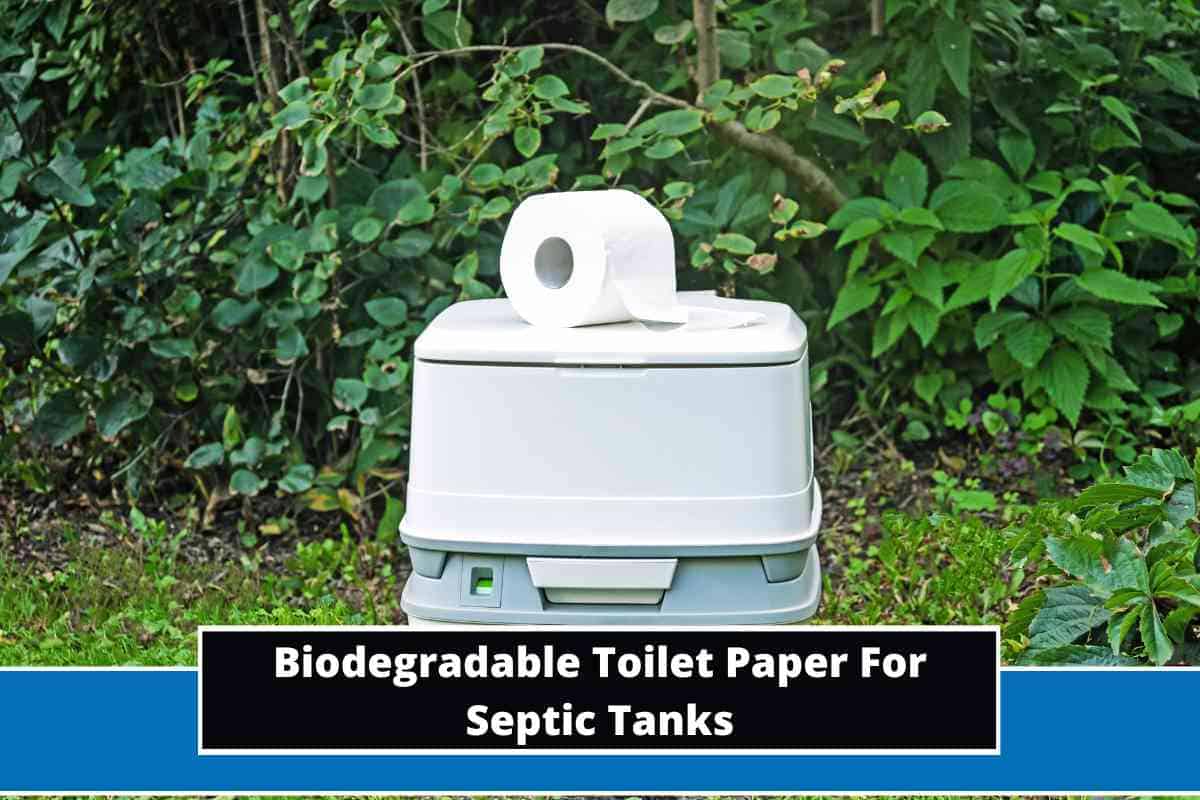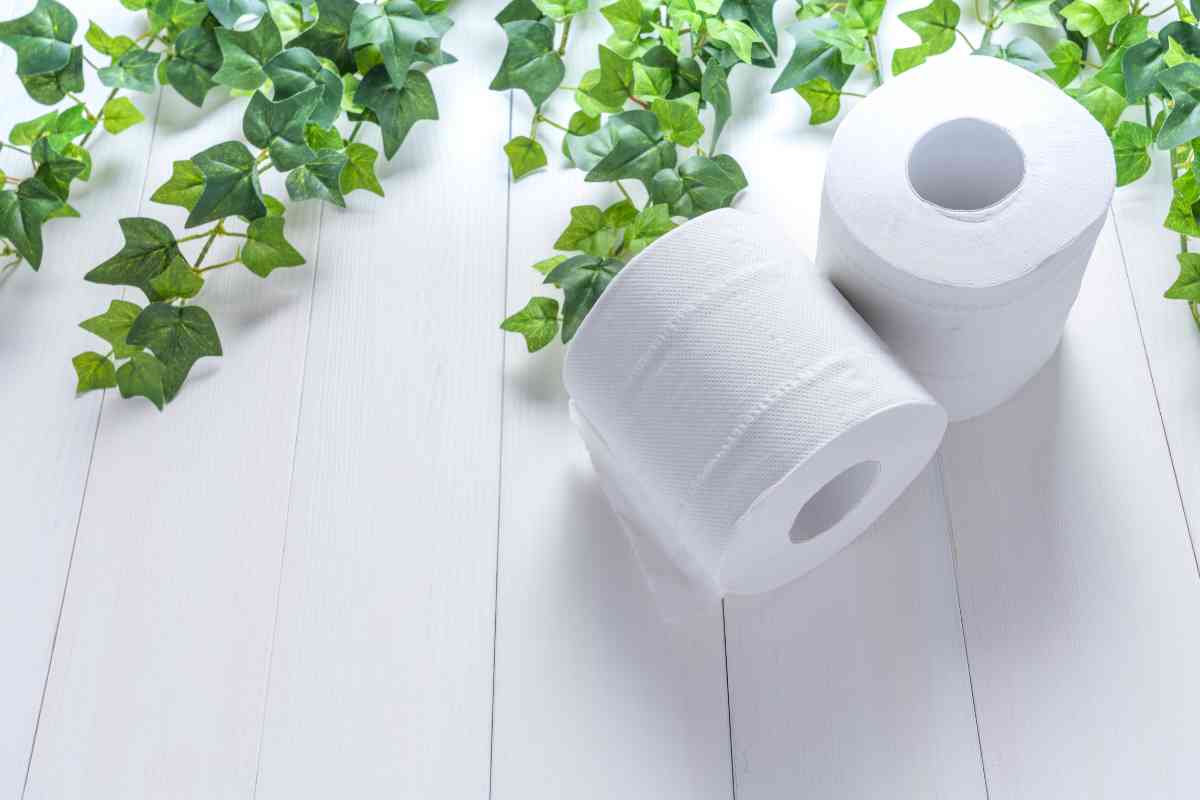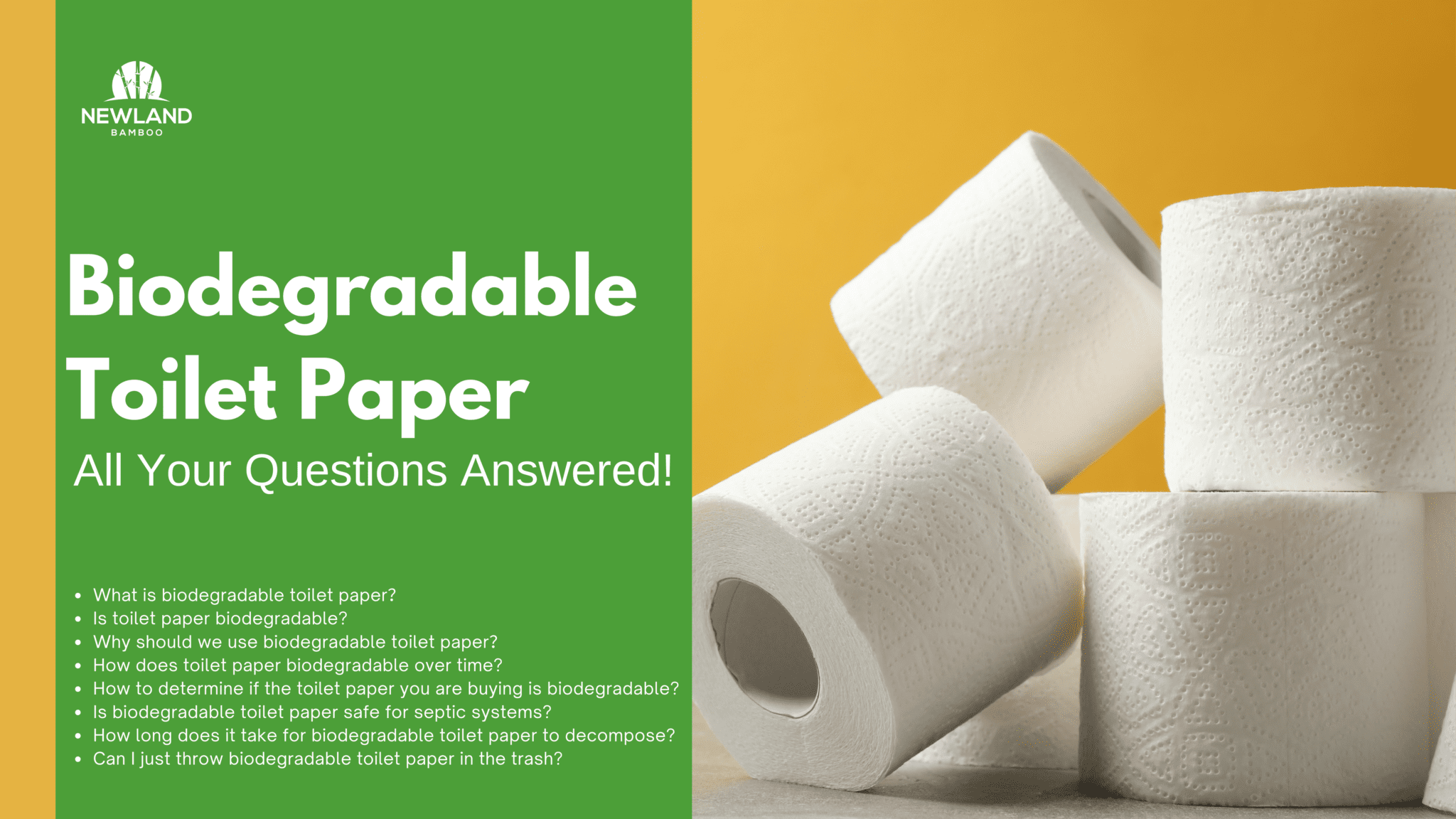Biodegradable Toilet Paper For Septic Tanks

The humble roll of toilet paper is undergoing a transformation, driven by growing environmental awareness and the increasing popularity of septic tank systems. A new generation of biodegradable toilet paper is emerging, promising to break down more efficiently and reduce the strain on septic systems and wastewater treatment facilities.
This shift towards eco-friendly options aims to address concerns about traditional toilet paper contributing to clogs, backups, and environmental pollution. But what exactly makes toilet paper "biodegradable," and how effective are these new products? The answers have significant implications for homeowners with septic systems and the broader environment.
The Problem with Traditional Toilet Paper
Conventional toilet paper is often made from virgin wood pulp and can contain chemicals like bleach and dyes. These factors contribute to its slow breakdown rate, especially in septic systems where biological activity is crucial for waste decomposition.
According to the Environmental Protection Agency (EPA), a poorly functioning septic system can contaminate groundwater and surface water, posing risks to human health and the environment. Slow-degrading toilet paper is a contributing factor to septic system failures.
“The buildup of undigested solids, including toilet paper, reduces the system's capacity and efficiency. This can lead to costly repairs and potential health hazards," says Dr. Emily Carter, a soil scientist specializing in wastewater treatment.
What Makes Toilet Paper Biodegradable?
Biodegradable toilet paper is designed to break down more quickly than traditional options. This is achieved through a combination of factors, including the use of different materials and manufacturing processes.
The key characteristics of biodegradable toilet paper include: the use of recycled fibers, fewer chemicals, shorter fibers, and being septic-safe.
Recycled fibers break down faster than virgin wood pulp, and the absence of harsh chemicals minimizes the inhibition of beneficial bacteria in septic tanks. Shorter fibers also mean the paper disintegrates more easily, reducing the risk of clogs.
Testing and Certification
While the term "biodegradable" is widely used, it's important to look for certifications that verify the product's performance. Some common certifications include those from organizations like NSF International and the Biodegradable Products Institute (BPI), although these are less commonly applied to toilet paper compared to other biodegradable products.
Independent testing evaluates factors such as disintegration rate, biodegradability in septic systems, and the presence of harmful chemicals.
However, the absence of a universally accepted standard for "septic-safe" toilet paper can create confusion for consumers. “It's important to research specific brands and look for evidence of independent testing to verify claims," advises Mark Thompson, a septic system installer.
The Impact on Septic Systems
For homeowners with septic systems, switching to biodegradable toilet paper can offer several benefits.
Improved system performance, reduced risk of clogs and backups, and extended lifespan of the system are some of the benefits. It could also mean fewer pump-outs and reduced maintenance costs.
However, it's crucial to remember that even biodegradable toilet paper should be used responsibly. Excessive use can still overload the system, regardless of its biodegradability.
Environmental Benefits
Beyond the advantages for septic systems, biodegradable toilet paper offers broader environmental benefits.
It promotes sustainable forestry by reducing reliance on virgin wood pulp, decreasing deforestation and habitat loss. Less chemical usage also translates to reduced water pollution during the manufacturing process.
Many biodegradable toilet paper brands also use eco-friendly packaging, further minimizing their environmental footprint. Some companies actively promote their sustainable sourcing and production practices, appealing to environmentally conscious consumers.
The Future of Toilet Paper
The market for biodegradable toilet paper is expected to continue growing as consumers become more aware of its benefits. Innovation in materials and manufacturing processes will likely lead to even more effective and sustainable options in the future.
Companies are exploring alternative fibers, such as bamboo and sugarcane, which are naturally fast-growing and require fewer resources than traditional wood pulp. Further research is also focused on improving the disintegration rate of toilet paper in diverse septic system environments.
The transition towards biodegradable toilet paper represents a small but significant step towards a more sustainable future, demonstrating how everyday choices can have a positive impact on the environment.


















